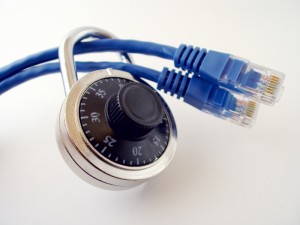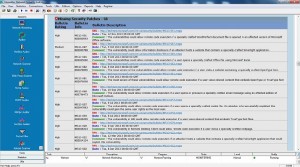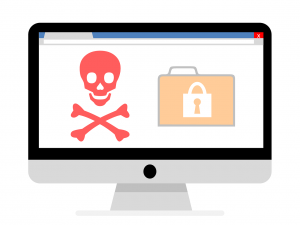Using Ethical Hacking to Quickly Decode Hashes and Uncover Vulnerabilities
Ethical hacking is a valuable tool for organizations that want to identify and address potential vulnerabilities in their systems and networks. In this article, we’ll explore how ethical hackers can use more efficient methods for decoding hashes and uncover potential vulnerabilities more quickly and effectively

Using Ethical Hacking to Quickly Decode Hashes and Uncover Vulnerabilities
Ethical hacking is a valuable tool for organizations that want to identify and address potential vulnerabilities in their systems and networks. By simulating the actions of a malicious attacker, ethical hackers can uncover weaknesses and vulnerabilities that might otherwise go unnoticed, allowing organizations to take steps to protect themselves from real-world attacks.
There are several methods for decoding hashes that are more efficient than brute force techniques, such as:
- Using a pre-computed hash table: This involves creating a table of common words or phrases and their corresponding hashes, and then looking up the hash in the table to find the original value. This can be an effective method if the hash is of a common word or phrase and the table is comprehensive.
- Using a known-plaintext attack: This involves having some information about the original value and using that information to narrow down the search space and make the decoding process more efficient. For example, if you know that the original value was a single English word, you can use a dictionary of English words to quickly find the correct value.
- Using a rainbow table: This is a pre-computed table of hashes and their corresponding original values, similar to a hash table. However, rainbow tables are designed to be more compact and efficient, allowing for faster lookups.
- Using a cryptographic weakness: Some hashing algorithms have known weaknesses or vulnerabilities that can be exploited to make the decoding process more efficient. For example, the MD5 algorithm has known vulnerabilities that make it possible to find collisions (i.e., two different values that produce the same hash) more easily.
Overall, the most efficient method for decoding a hash will depend on the specific algorithm and the characteristics of the original value. As an ethical hacker, it is important to choose the right method for the situation, as using a brute force approach can be very time-consuming and may not be practical for large or complex hashes. By using more efficient methods, you can uncover potential vulnerabilities more quickly and effectively, helping to protect your organization from real-world attacks.









